Shanghai's jazz scene pulses with a rhythm all its own, a vibrant tapestry woven from the city's cosmopolitan history and its relentless forward momentum. From the smoky, intimate basements where bebop reigns supreme to the polished stages of world-class clubs, the sound of improvisation echoes through the metropolis. This is a guide for those who wish to move beyond the obvious and truly feel the city's heartbeat, to discover both the legendary institutions and the hidden gems where the next generation is rewriting the rules.
The story of jazz in Shanghai is inextricably linked to the glamour and intrigue of the 1920s and 30s. It was the era of the legendary Peace Hotel, where the Old Jazz Band, now comprising musicians in their seventies and eighties, first took the stage. Stepping into the Art Deco splendor of their venue today is like stepping through a temporal portal. The air is thick with history, the melodies are timeless classics, and the band members, in their crisp white suits, play with a dignified swing that has captivated audiences for decades. They are the guardians of a tradition, a living museum piece and an essential starting point for any jazz pilgrimage in the city. It’s more than a performance; it’s a testament to the enduring spirit of Shanghai jazz.
Yet, for every homage to the past, Shanghai boasts a venue pushing the boundaries of the present. JZ Club stands as a titan in this modern landscape. A multi-level powerhouse in the former French Concession, it has become synonymous with the city's contemporary jazz identity. Its stage has hosted a staggering array of international legends and local heroes, from fiery Afro-Cuban ensembles to avant-garde electronic fusion projects. The sound system is impeccable, the crowd is a mix of dedicated aficionados and curious newcomers, and the energy is electric. JZ Club isn't just a venue; it's an institution, a crucible where the established and the emerging collide, ensuring the scene remains dynamic and globally connected.
Venture a little deeper, and you'll find that some of the most thrilling sounds are hidden in plain sight. Tucked away in the labyrinthine alleyways of the former French Concession, behind unmarked doors and down narrow staircases, lie the city's best-kept secrets. Heyday is precisely this kind of place—a speakeasy-style bar where the ambiance is intimate and the music is raw and unfiltered. Here, the focus is on pure, acoustic improvisation. Trios and quartets engage in musical conversations that are as spontaneous as they are brilliant, often playing late into the night for a crowd of dedicated regulars and in-the-know visitors. Finding it is part of the adventure, and the reward is an authentic, unvarnished jazz experience far from the mainstream spotlight.
For those who crave a more eclectic and bohemian vibe, Wooden Box offers a radically different proposition. This tiny, minimalist space feels more like an artist's loft than a traditional club. The programming is daring and unpredictable, frequently featuring experimental musicians who blend jazz with ambient noise, free improvisation, and global folk traditions. The audience sits on cushions on the floor, close enough to see the sweat on the musicians' brows. It’s a place of discovery, where the line between performer and audience blurs and the very definition of jazz is questioned and expanded. This is where the future of the scene is being quietly, determinedly forged.
No exploration of Shanghai's jazz map would be complete without acknowledging its role as a cultural bridge. The city's unique position has fostered a fascinating phenomenon: the rise of the Jazz Diva. In sleek, high-end hotel lounges across Pudong and Puxi, incredibly talented Chinese vocalists, often backed by tight-knit trios, deliver stunning renditions of the Great American Songbook. Their command of English pronunciation and the subtle nuances of standards by Gershwin, Porter, and Ellington is remarkable. They bring a unique sensitivity and grace to these classics, creating a sophisticated, transnational ambiance that perfectly captures Shanghai's dual identity—deeply Chinese yet irresistibly global.
Furthermore, the grassroots energy of the scene is palpable in its informal jam sessions. These are the laboratories of jazz, the nightly gatherings where students from the music conservatories, touring professionals, and passionate amateurs come together to test their mettle. A bar like JZ Club's smaller sibling or a unassuming livehouse in the Hongkou district might host these events on a weeknight. There's no set list, only a shared language of chord changes and a spirit of communal creativity. It’s here that friendships are formed, ideas are tried and discarded, and the next star might take their first solo to a room of cheering peers. This is the lifeblood of the community, ensuring a constant renewal of talent and passion.
Ultimately, the Shanghai jazz experience is one of delightful contrast. It is the grandeur of the Peace Hotel against the gritty intimacy of a hidden basement bar. It is the world-class professionalism of JZ Club against the daring experimentation of Wooden Box. It is the familiar comfort of a standard sung perfectly in a hotel lounge against the thrilling uncertainty of a brand-new composition debuted at a jam session. This rich ecosystem, with its deep roots and flourishing new growth, offers something for every listener. To explore it is to engage in a continuous dialogue between Shanghai's storied past and its boundless future, all set to the most infectious rhythm imaginable.
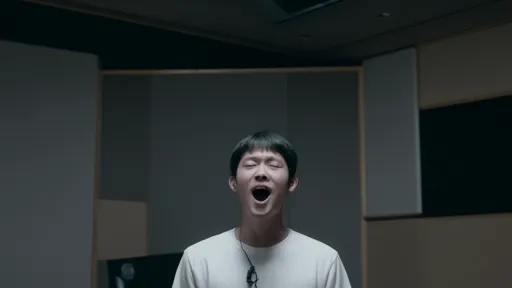
By /Aug 22, 2025

By /Aug 22, 2025
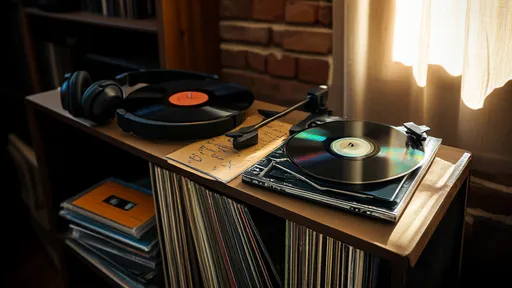
By /Aug 22, 2025
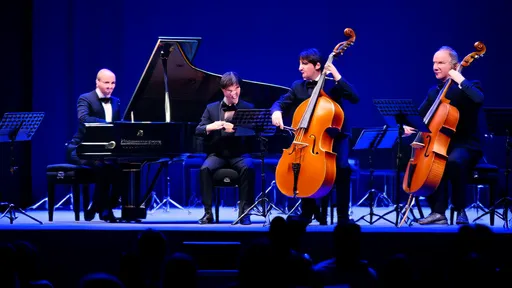
By /Aug 22, 2025
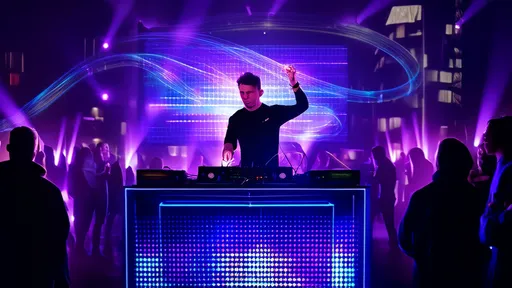
By /Aug 22, 2025
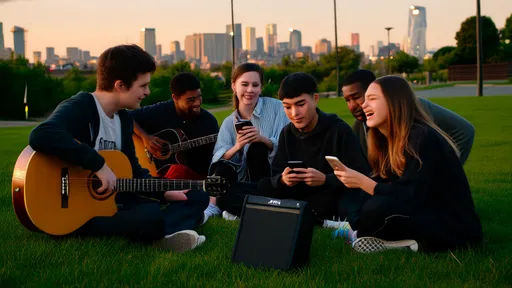
By /Aug 22, 2025
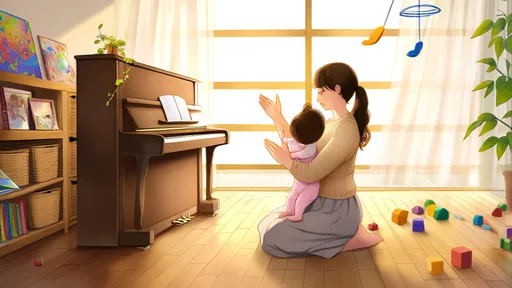
By /Aug 22, 2025

By /Aug 22, 2025
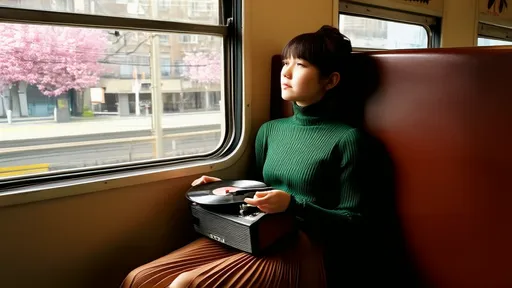
By /Aug 22, 2025

By /Aug 22, 2025

By /Aug 22, 2025

By /Aug 22, 2025
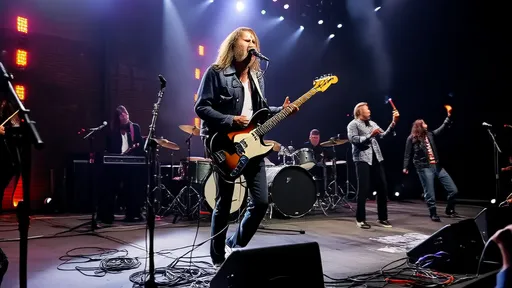
By /Aug 22, 2025
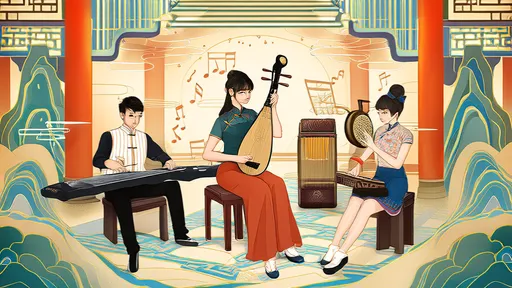
By /Aug 22, 2025

By /Aug 22, 2025
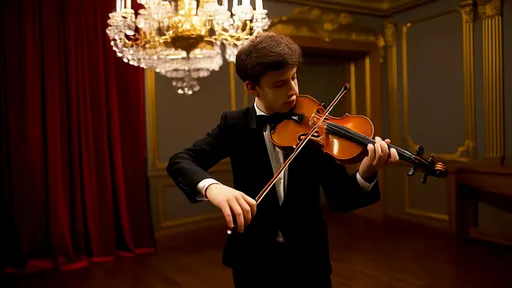
By /Aug 22, 2025
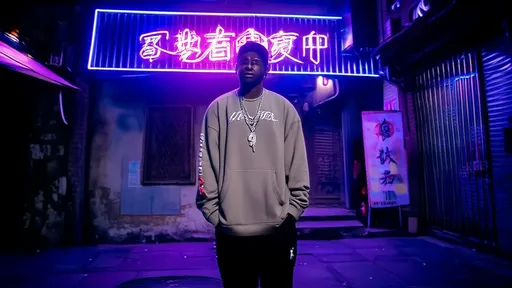
By /Aug 22, 2025
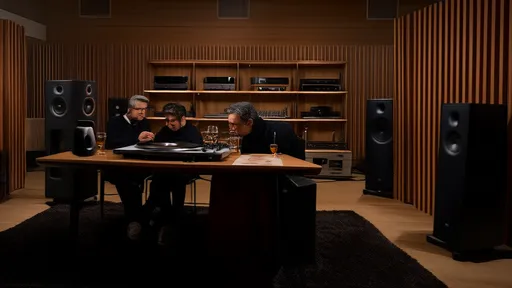
By /Aug 22, 2025
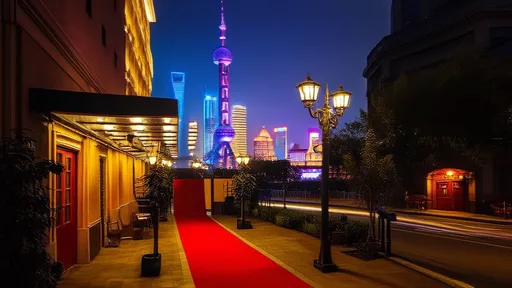
By /Aug 22, 2025
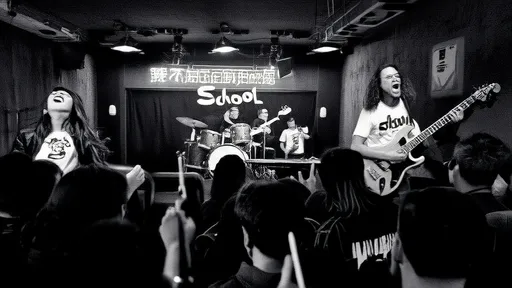
By /Aug 22, 2025